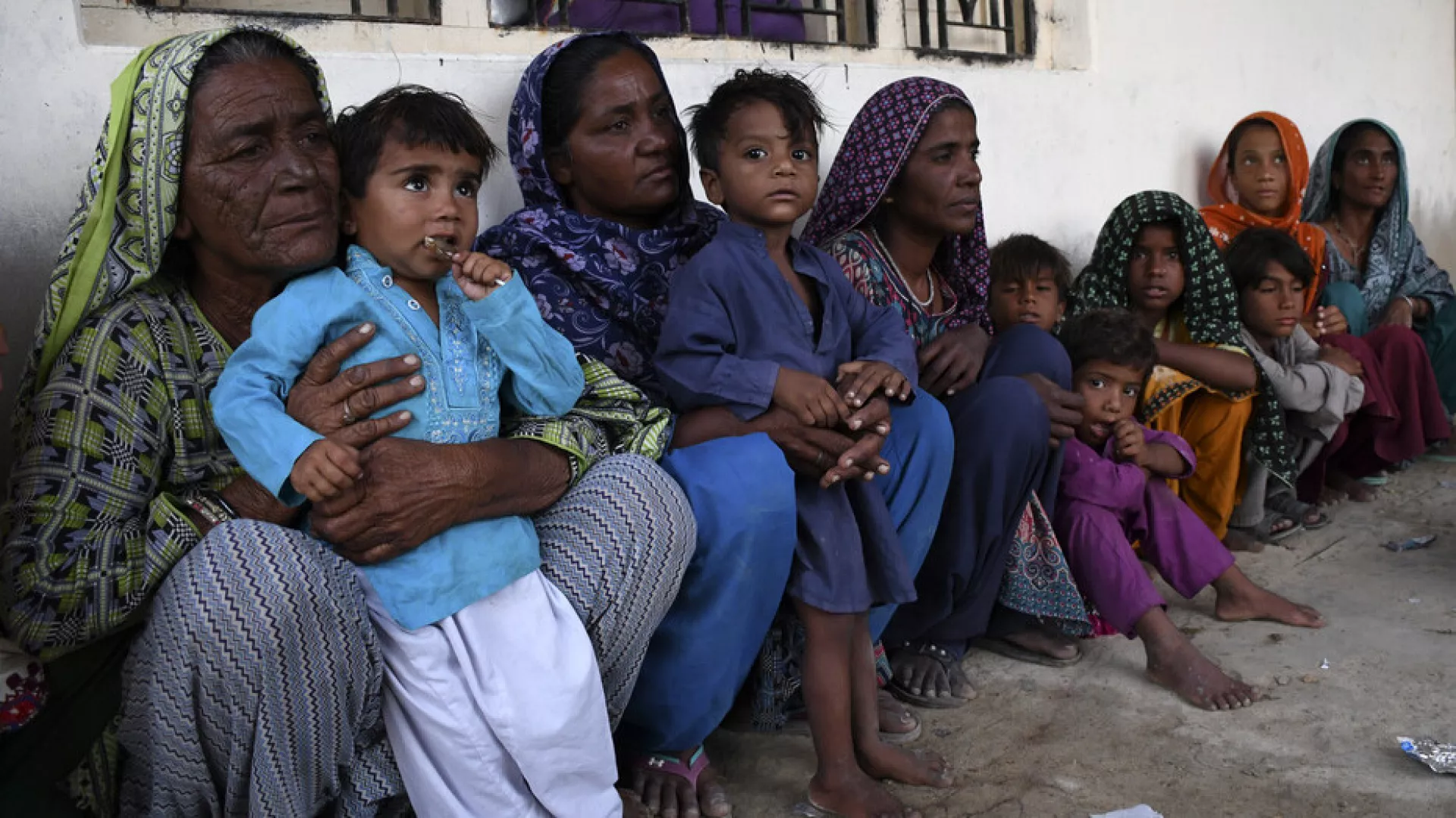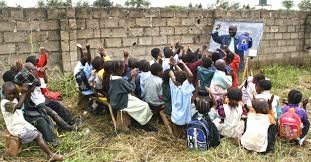Support for children’s education and women’s health in Africa is set to take the biggest hit as the UK government rolls out major foreign aid cuts. New details reveal where the reductions will fall, sparking concern among aid organisations and humanitarian groups.
Back in February, the government announced plans to reduce foreign aid spending by 40%, cutting it from 0.5% of gross national income to 0.3%. The move, made under pressure from the US, is aimed at boosting defence spending to 2.5%.
According to a report and impact assessment from the Foreign Office, the sharpest reductions this year will affect African countries, particularly in areas such as women’s health and water sanitation. The report warns that these cuts could increase the risk of disease and death in vulnerable communities.
Bond, a UK network of aid groups, criticised the decision, saying the cuts would fall hardest on women and children in the most marginalised communities.
Despite the widespread reductions, the government confirmed it would protect spending on multilateral aid bodies, including contributions to international organisations like the World Bank and the Gavi vaccine alliance. The UK also said it would continue to support crisis zones such as Gaza, Ukraine, and Sudan.
Baroness Chapman, Minister for Development, defended the move, stating, “Every pound must work harder for UK taxpayers and the people we help around the world, and these figures show how we are starting to do just that through having a clear focus and priorities.”
She said the cuts followed a “line by line strategic review of aid,” which aimed to ensure efficiency, maintain humanitarian support, and exit some programmes responsibly.
The Foreign Office also said direct aid to some countries would decrease, and multilateral agencies deemed to be underperforming could face further funding cuts. However, it has not yet released a list of the countries that will be affected.
Bond raised alarm about what it sees as a deprioritisation of funding for education, gender equality, and humanitarian crises in countries such as South Sudan, Ethiopia, Somalia, and even the Occupied Palestinian Territories and Sudan, regions the government claimed would be protected.
“It is concerning that bilateral funding for Africa, gender, education, and health programmes will drop,” said Bond’s policy director Gideon Rabinowitz. “The world’s most marginalised communities, especially those in conflict and women and girls, will pay the highest price for these political choices.”
“At a time when the US has gutted all gender programming, the UK should be stepping up, not stepping back,” he added.
Public support for foreign aid has declined in recent years, with one cabinet minister recently admitting that “we’ve lost the argument on aid.”
The World Bank’s International Development Association (IDA), however, avoided the cuts. The Foreign Office confirmed that the UK would contribute £1.98 billion over the next three years to support the IDA’s work in the world’s poorest countries, helping an estimated 1.9 billion people.
Under Labour governments led by Sir Tony Blair and Gordon Brown, the UK committed to increasing aid spending to 0.7% of national income. That target was reached in 2013 under the coalition government of David Cameron and Nick Clegg, and later written into law in 2015.
But in 2021, amid the economic pressures of the Covid-19 pandemic, the Conservative government reduced aid to 0.5%, and now, it is set to fall even further.






